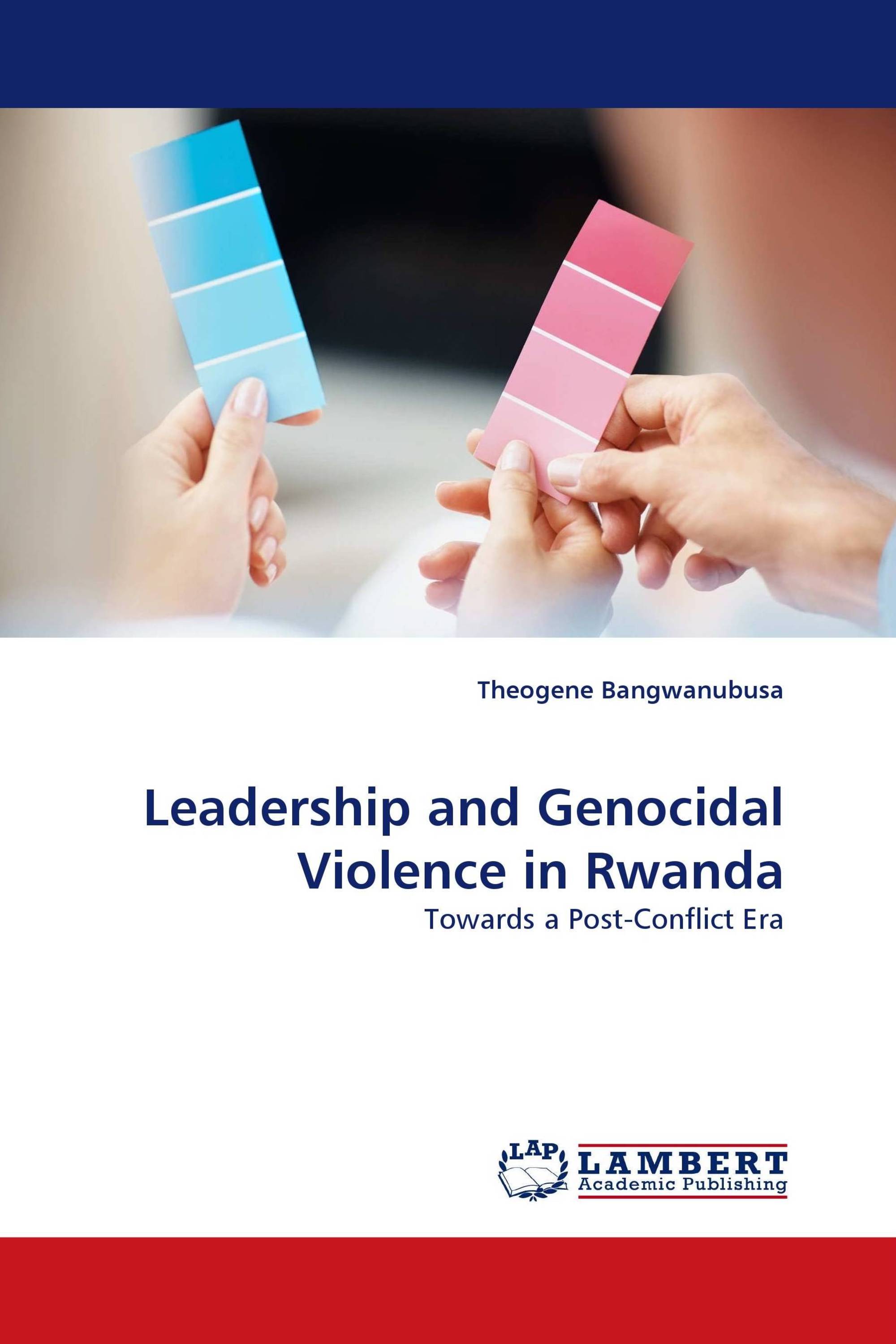Leadership and Genocidal Violence in Rwanda
Towards a Post-Conflict Era
LAP Lambert Academic Publishing ( 25.02.2011 )
€ 79,00
The early 1990s was a challenging period where genocidal violence became inevitable, with significant variations all over Rwanda. Former communes Giti and Murambi are cases for illustration. While allegedly homogeneous on cultural and socio-economic grounds, their variations in popular support for genocidal violence are the major focus of this book. The latter highlights an interplay between the top leaders, middle-range leaders and the grassroots leadership as responsible for popular support whatsoever. Far beyond this interplay, it established that middle-level leaders remain the most important catalyst for engaging the citizenry either in peaceful or violent process. The difference between Giti and Murambi ensued following two major reasons. The first is the level of efficiency in the middle-range leadership. The second relates to the grassroots thinking that exhibited varying levels of dichotomy of identity. The book offers insights to policymakers and development practitioners engaged in driving social change from the bottom up. Also, it is of paramount interest to the international community and other players in peace processes in the Great Lakes region and beyond.
Kitap detayları: |
|
|
ISBN-13: |
978-3-8443-1260-7 |
|
ISBN-10: |
3844312609 |
|
EAN: |
9783844312607 |
|
Kitabın dili: |
English |
|
Yazar: |
Theogene Bangwanubusa |
|
Sayfa sayısı: |
288 |
|
Yayın tarihi: |
25.02.2011 |
|
Kategori: |
Sosyoloji |




